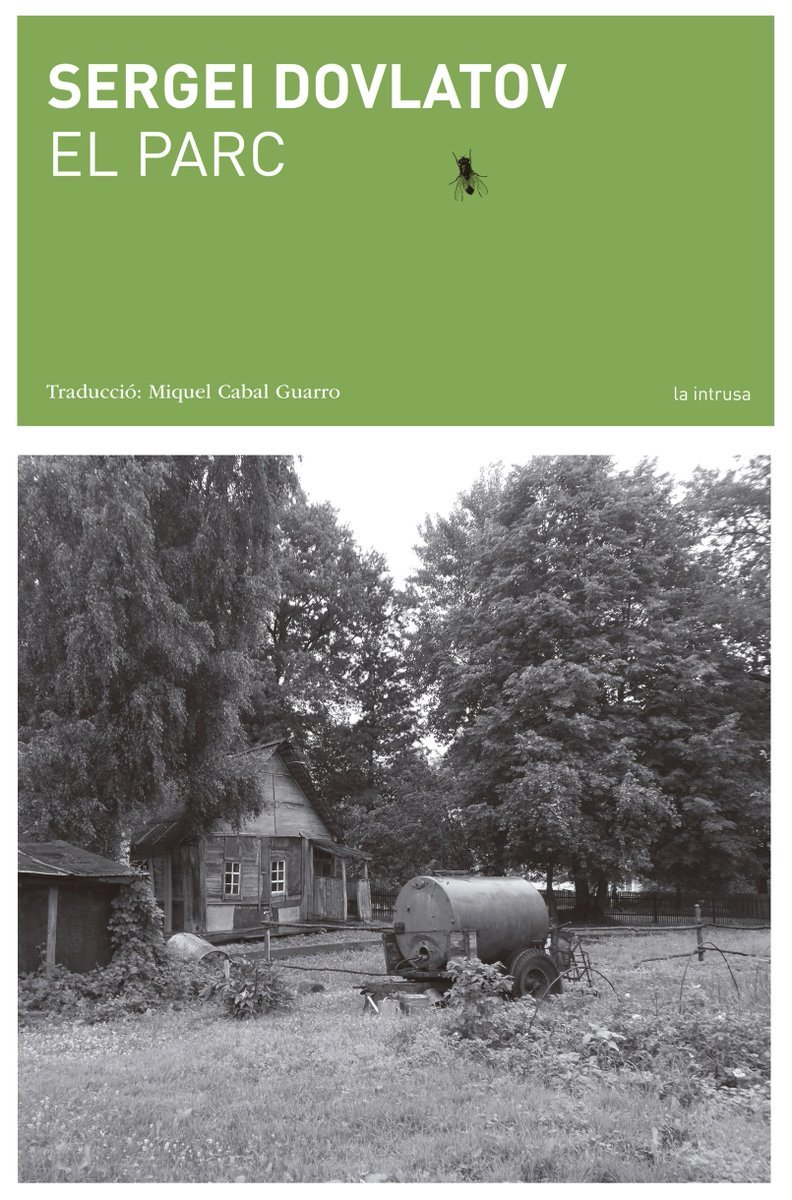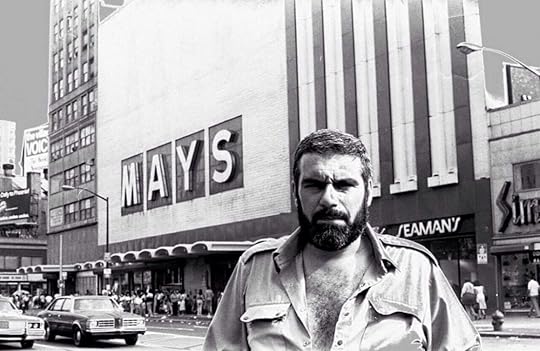What do you think?
Rate this book


132 pages, Paperback
First published January 1, 1983
Natella had come from Moscow at the urge of romantic, or rather reckless ideas. A physicist by education, she worked as a schoolteacher. She decided to spend her three-month holiday here. And regretted coming. The Preserve was total pandemonium. The tour guides and methodologists were nuts. The tourists were ignorant pigs. And everyone was crazy about Pushkin. Crazy about their love for Pushkin. Crazy about their love for their love. The only decent person was Markov…
‘Who is Markov?’
‘A photographer. And a hopeless drunk. I’ll introduce you. He taught me to drink Agdam. It’s out of this world. He can teach you too…’
‘Much obliged. But I’m afraid that in that department I myself am an expert.’

looking around, do you see ruins? that was to be expected. he who lives in the world of words does not get along with things.*translated from the russian by dovlatov's daughter, katherine. with a favorable afterwood by james wood.